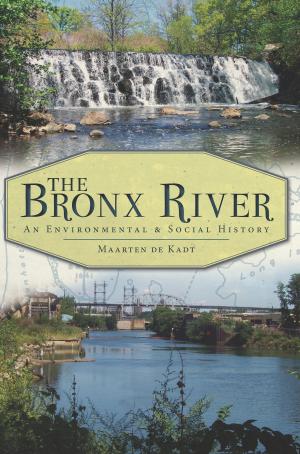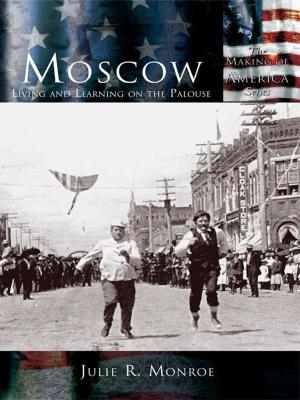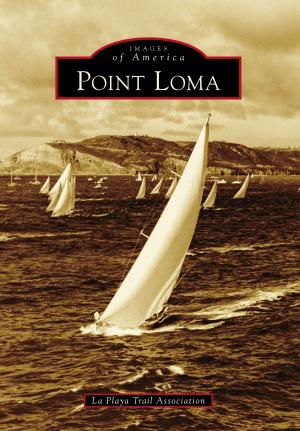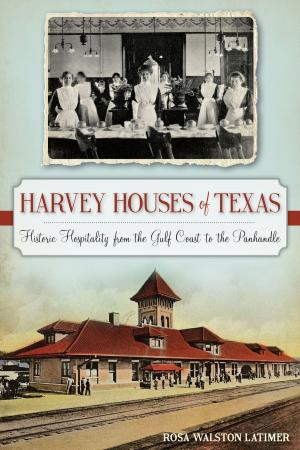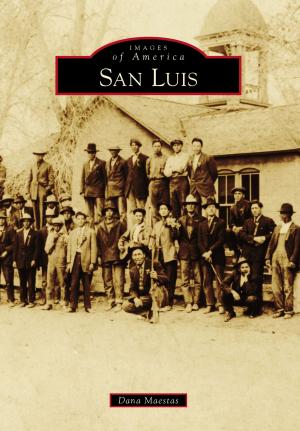| Author: | Captain W. Russell Webster USCG (Ret.), Elizabeth B. Webster | ISBN: | 9781625851185 |
| Publisher: | Arcadia Publishing Inc. | Publication: | August 12, 2014 |
| Imprint: | The History Press | Language: | English |
| Author: | Captain W. Russell Webster USCG (Ret.), Elizabeth B. Webster |
| ISBN: | 9781625851185 |
| Publisher: | Arcadia Publishing Inc. |
| Publication: | August 12, 2014 |
| Imprint: | The History Press |
| Language: | English |
On March 22, 1990, local fishermen Hokey Hokanson and his teenage son, Billy, set sail for Cape Cod in the "Sol e Mar." When disaster struck three days later, Billy transmitted a brief, heavily garbled radio distress call. A hoax call immediately followed Billy's cry for help, and believing that the two were connected, the U.S. Coast Guard did not launch rescue units for several days. The Hokansons' deaths prompted a new anti-hoax law and changed United States Coast Guard search and rescue procedures. Historian Captain W. Russ Webster, U.S. Coast Guard (Ret.), and journalist Elizabeth B. Webster chronicle the fascinating story of the "Sol e Mar" and its crew and explain the psychology of hoax callers and Coast Guard technological advancements since the tragedy.
On March 22, 1990, local fishermen Hokey Hokanson and his teenage son, Billy, set sail for Cape Cod in the "Sol e Mar." When disaster struck three days later, Billy transmitted a brief, heavily garbled radio distress call. A hoax call immediately followed Billy's cry for help, and believing that the two were connected, the U.S. Coast Guard did not launch rescue units for several days. The Hokansons' deaths prompted a new anti-hoax law and changed United States Coast Guard search and rescue procedures. Historian Captain W. Russ Webster, U.S. Coast Guard (Ret.), and journalist Elizabeth B. Webster chronicle the fascinating story of the "Sol e Mar" and its crew and explain the psychology of hoax callers and Coast Guard technological advancements since the tragedy.




